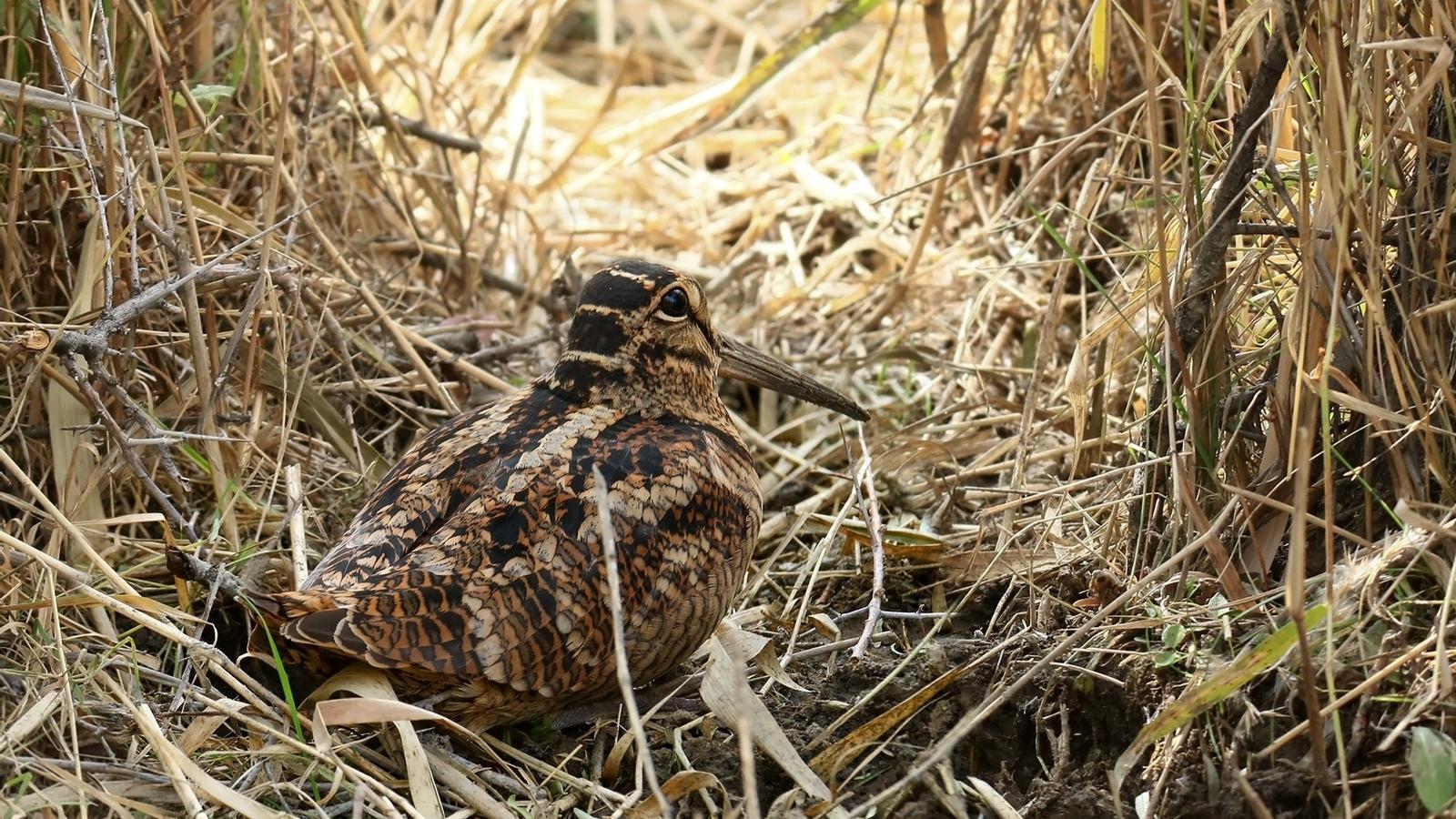It's been a while since I read a book as moving as 'The Birds' by Tarjei Vesaas.
Club Editor and Nórdica publish one of the Norwegian author's most notable novels, centered on the lives of two brothers.


- Tarjei Vesaas
- Editor's Club / Nordic
- Translation by Carolina Moreno Tena
- 288 pages / 22.95 euros
What a beautiful book, with echoes of classical myth and biblical parable! And what profound simplicity throughout! Just three characters (two siblings living alone and a newcomer to their home), always in the same place (a place with broad horizons, next to a lake, with forests nearby). Hege, the sister, will soon be forty and is already starting to count gray hairs. She knits: she makes sweaters, which she then sells. Her brother, Mattis, known to everyone as the Talos Because he's a different boy, three years younger than Hege, and has no job or subsidy. Of course, his questions often reveal the deepest cracks in his sister's conservative mentality. They think he's a complete fool, but, without realizing it, he possesses a kind of almost prophetic, disconcerting wisdom. Near where they live, there are two twin trees, two tremors: Mattis has always believed they represented the two siblings.
One morning, one of the tremors appears burned by lightning, and the young man attributes it to a bad omen, though he doesn't know which of the two it refers to: his sister or himself (he worries if it foreshadows his own death, but also if it foreshadows Hege's, because he is). A little before that, one evening, he heard the sound of wings above the house, and, going out into the open air, he saw a woodcock performing a sort of flight that he attributed to what usually preceded mating. And he also sees a sign – in this case, of blessedness: "In Mattis's bosom, everything was song: it was the woodcock and him."
A candor that touches our hearts
The great achievement of the story is this character of Talós, a spirit more enlightened than obtuse. He lives in a reality that doesn't quite coincide with that of Hege or the rest of the town's inhabitants: a reality supported by a magical dimension and a symbolic expectation. His candor touches our hearts: he is terrified that his sister will abandon him, because everyone has led him to believe that he is, in fact, a talós. The last thing he wants, then, is a change in his daily routine. He has always slept on a wooden bench, which, under the lid, preserves some drawings and scratches he made as a child. Mattis is terrified of storms and, especially, lightning. But everything seems to change on this night of the bird's discovery: "The woodcock's wings were in the sky, in the warm night air, but they also touched Mattis's heart" (there are passages in the work in which it seemed to me that the protagonist, a visionary if not a visionary, came from some verses of Marius Torres). You'd say the narrator warns us at all times that we must be very aware of everything the two brothers are experiencing: that his pale gaze complements the woman's, striving to make it, paradoxically, more complex. Damn, there's a moment when she's about to drown in a poorly caulked little boat. Admired: "What a shame the wake is dissolving so quickly; the lines should remain drawn in the water for days and days." So she can meet a discreet lumberjack, who will embody the third leading role in the story, whose arrival threatens to disrupt Mattis's calm life. And here begins... I haven't read such a moving text! After all, a story about the fear of death, about the fears of existence. Fundamental. The translator, Carolina Moreno, writes a magnificent epilogue. "It contains everything. The challenge is to translate it." Well, she has translated it in a very readerly way, and has turned it into a memorable word.
